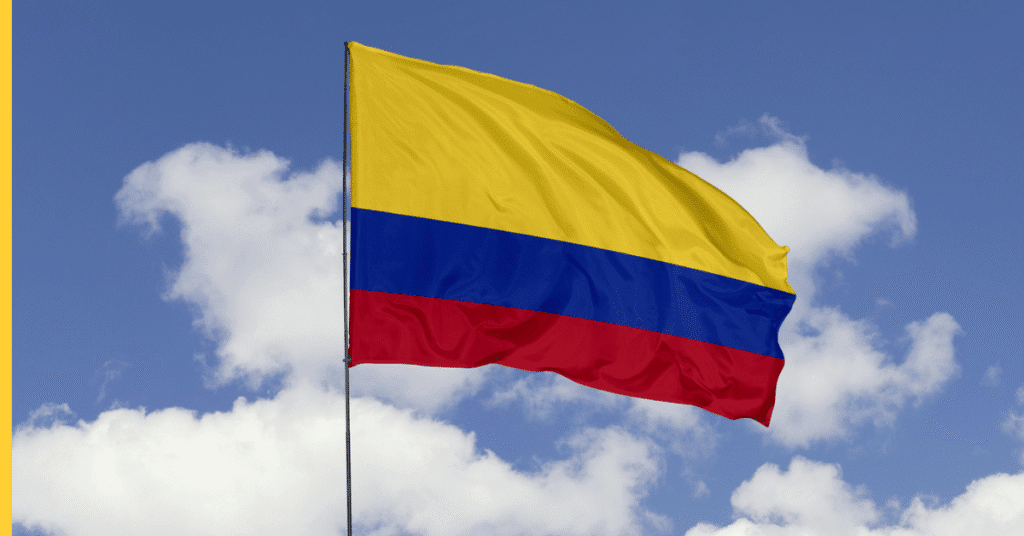Colombia’s national gaming authority, Coljuegos, has granted the concession for Keno, a lottery-style game expected to generate COP485 billion (€107 million) in revenue for the country’s healthcare sector over the next five years.
The launch is part of the government’s ongoing efforts to increase transfers to subsidized healthcare while boosting the country’s gaming industry.
According to Coljuegos President Marco Emilio Hincapié, the introduction of Keno will mark one of the first times that a game in a regulated Latin American gaming market will use blockchain technology to issue tickets.
Blockchain integration is designed to provide increased transparency and security, ensuring transaction traceability and building player trust.
The concession process was conducted under an open and competitive tender framework.
Hincapié stressed that the arbitration was transparent and inclusive, allowing several operators to participate.
Four operators were ultimately selected to run Keno in different regions covering Colombia’s 32 departments, which also recently forced a significant increase in taxes on players’ gambling.
The first region, Region One, comprising Arauca, Casanare, Cauca, Chocó, Córdoba, Guainía, Guaviare, Nariño, Sucre, Valle del Cauca, Vaupés and Vichada, will be managed by Operador Regional de Keno SAS.
The second region, including San Andrés, Atlántico, Bolívar, Cesar, Guajira, Magdalena and Norte de Santander, will be operated by Costa Operador Keno SAS
The next, Region Three, covering Antioquia, Caldas, Quindío, Risaralda and Santander, will be managed by Keno Región 3 SAS.
The fourth region, encompassing Amazonas, Bogotá, Boyacá, Caquetá, Cundinamarca, Huila, Meta, Putumayo and Tolima, will be managed by Blinkazar SAS.
Preparations are underway
Each operator will soon begin a four-month training and preparation phase before the official start of sales in January 2026.
The rollout aims to establish more than 16,000 sales terminals nationwide, expand accessibility and strengthen the gaming sector’s contribution to the national economy.
Market projections reflect high expectations for audience engagement with the game and strong financial performance as a result.
The game allows players to choose 10 numbers from 1 to 80 and compare them to 20 randomly selected balls drawn each round.
Prizes will depend on the number of matches, with individual bets ranging from 1,000 COP (€0.22) to 20,000 COP (€4.40), with a maximum potential win of 1.68 billion COP (€369,600).
The Keno format includes frequent draws, held every six to 10 minutes, seven days a week, with between 144 and 240 draws per day depending on the operators’ schedules.
The results will be broadcast via digital platforms, including YouTube and official websites.
Coljuegos sees this initiative as a pragmatic response to modern gaming demands, merging technology and entertainment to enhance public welfare.
The combination of blockchain integration, high-frequency draws and accessible prizes is expected to drive strong participation.




